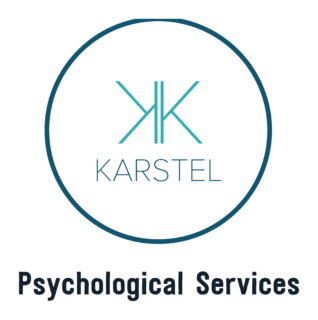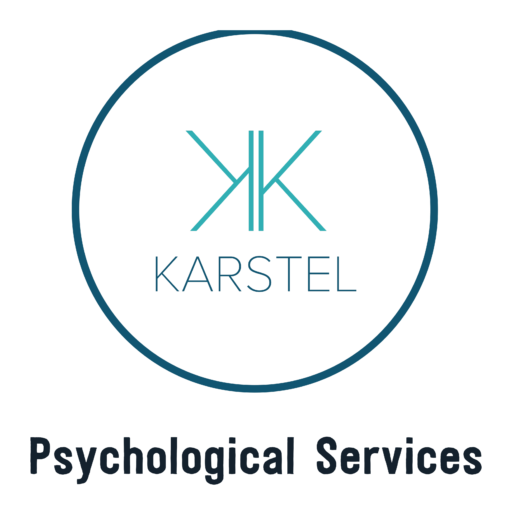The models of treatment I use are predominantly based on the principles of evidence-based Applied Behaviour Analysis (ABA) and include Functional Behaviour Assessment and Analysis, ACT (Acceptance and Commitment Therapy), Compassion Focused Therapy, and Sensorimotor Therapy. These models work from the premise that all behaviour has a purpose and research has shown that treatments targeting functions of behaviour are the most effective in achieving transformation.
I am recently trained as an EMDR therapist and have found it effective for helping clients move on from traumatic and other significant life experiences. When we experience something in a significant way (i.e., there is a noteworthy emotional response associated with the experience), we develop a conditioned response which is activated whenever reminders (triggers) become present in the future. This conditioned response frequently has us repeating actions that worked in the past but may not work so well for us in the present. This is typical of a trauma response during which the body suddenly acts as if the past is repeating itself although the trauma is not happening now. In a similar way, we also learn patterns of behaviour from past experiences that are not necessarily traumatic, but still significant to us in some way. Often, we are aware that we are falling into old, ineffective patterns of behaviour and we experience frustration that we feel powerless to just “move on”. We “know” what we should be doing, but we don’t “feel” it to be true and find it very difficult to just “do it”. In my work, I have found EMDR therapy to be useful in supporting the body to “let go” of these past responses and match up what we know rationally to be true with what we feel to be true.
This is a very simplistic explanation of how EMDR is helpful in my practice, and there is much more to how it can make a difference with clients who have experienced complex trauma. In most situations, EMDR is part of a larger therapeutic skillset and is conducted within the context of a broader framework targeting stabilisation, processing and integration phases of therapy. For more information on EMDR and its evidence base, click on this link: What is EMDR?.



